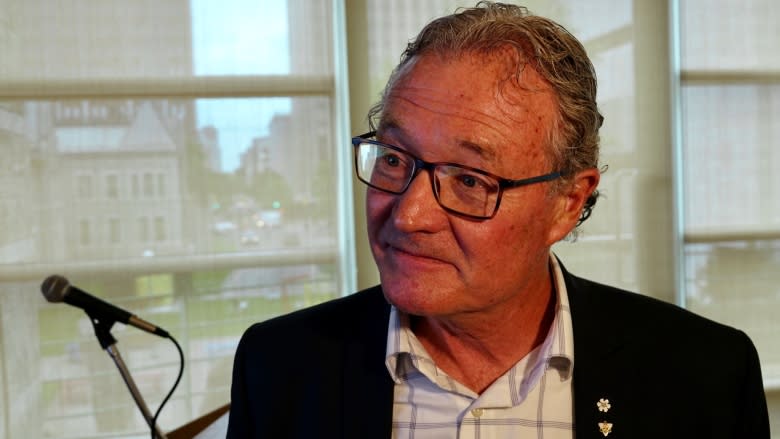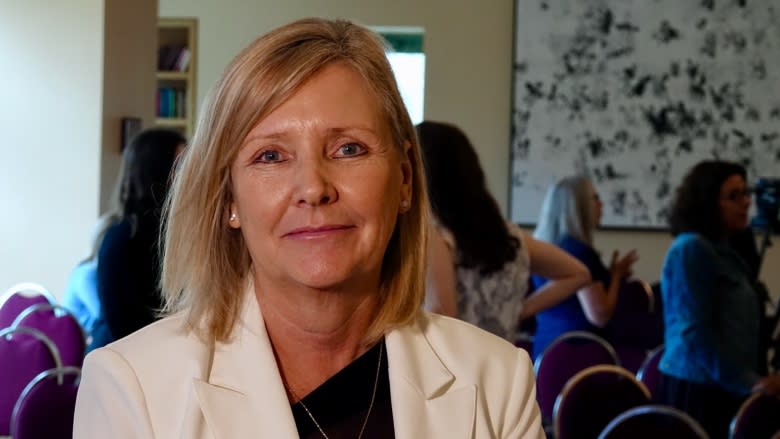Chronic homelessness, shelter use up despite city's efforts
Despite implementing a 10-year plan to eliminate homelessness by 2024, Ottawa has seen a recent rise in chronic homelessness and the use of emergency shelters, a new report reveals.
Between 2014 and 2017, chronic homelessness in the city climbed by 21 per cent, while the use of emergency shelters rose by 16 per cent.
The numbers are contained in a progress report released Wednesday by the Alliance to End Homelessness, a coalition of local social services and community organizations.
"I think at best we're treading water, we're not getting the tiger by the tail," said Coun. Diane Deans, chair of the city's community and protective services committee.
The report, titled "Homelessness in Ottawa: A Roadmap for Change," examines how the city's 10-year plan is faring and offers suggestions on how to turn the tide.
Some good news, too
While the report contains some good news — 577 people were able to move into their own homes since 2015 thanks to the city's use of a housing first model — Deans acknowledges Ottawa is not trending in the right direction.
"We need to take a pause and really try to reimagine the approach in a better way, because so far we have a crisis in our city and we're not ably addressing it," said Deans.
Deans said the city will look to implement the report's recommendations when it refreshes its 10-year affordable housing plan in 2019.
Take risks, agencies told
Dr. Jeff Turnbull, medical director of Ottawa Inner City Health, is urging the alliance's member agencies to look in the mirror before looking out the window.
Turnbull, who contributed to the report, wants the agencies to re-examine what they're doing, then consider how they can form partnerships with others.
"Traditionally what we've done is we've worked within our small silos to try and address a problem that spans across jurisdictions and sectors," he said.
"You have to have new partners. You have to start to work with police services and social services. We're not used to that. We've got to get out of our usual ruts and take chances, working with different organizations."
That approach, called "intersectoral," can also include the courts, local businesses and transit planners.
"We've got to stop being risk-averse," Turnbull said. "We have to be innovative, and when you do that you have to accept risk that you will fail. But that's the way forward. The more we do that, the more we're going to succeed."



